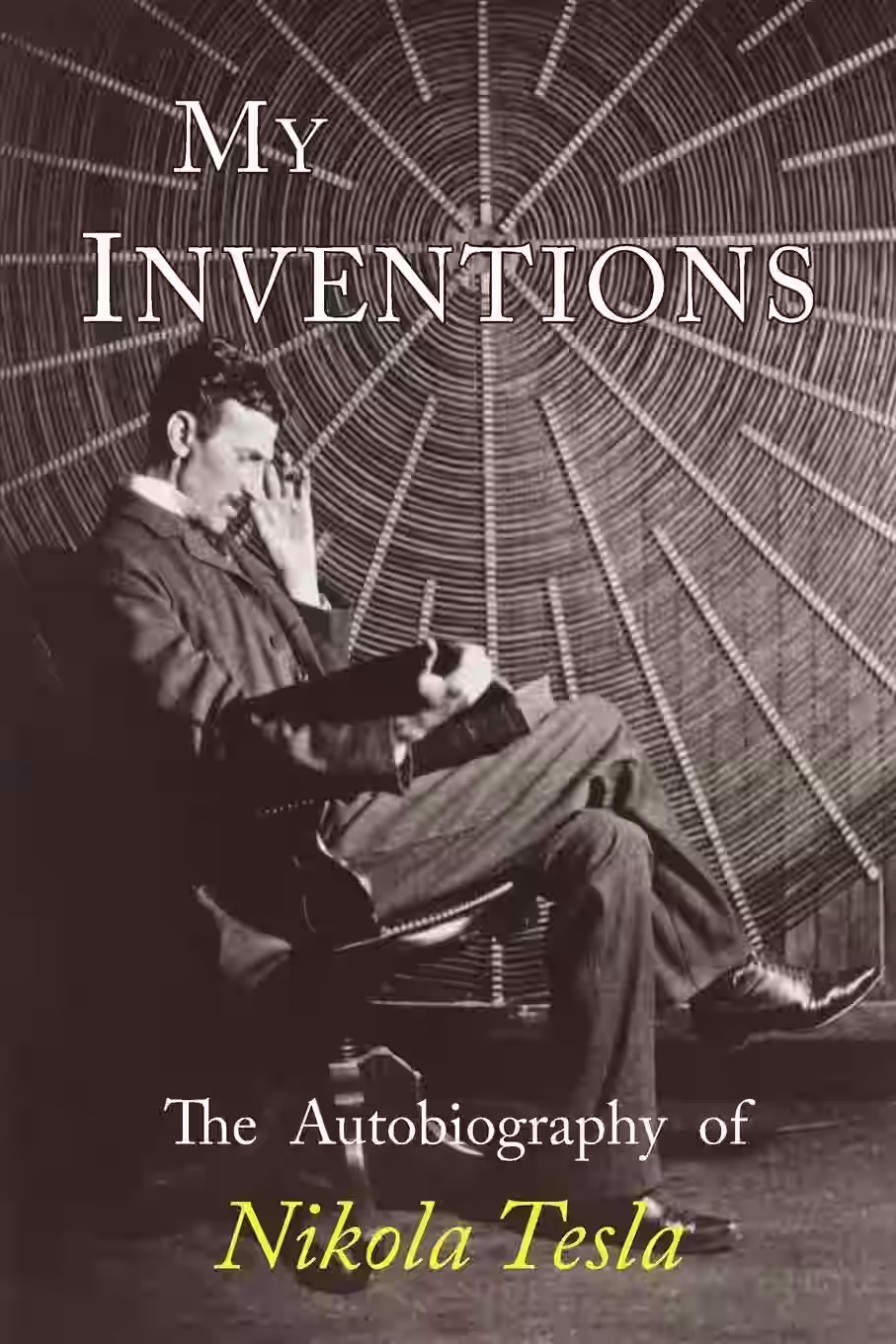
Nikola Tesla (1856–1943), a visionary of the electronic age, pioneered much of modern electrical and communication systems. His groundbreaking work included the alternating-current system, radio, the Tesla coil, wireless transmission, and fluorescent lighting. Despite his monumental contributions, Tesla's genius was often misunderstood, leading to others being credited for his innovations. This volume, originally a 1919 magazine series, offers Tesla's own account of his life, from his Croatian boyhood and European education to his collaboration with Edison and his subsequent revolutionary research. Written with wit, his memoir provides fascinating insights into the mind of a true scientific pioneer, covering his early life, inventions, and key discoveries like the rotating magnetic field and telautomatics.
About Nikola Tesla
Nikola Tesla (1856–1943) was a brilliant and eccentric inventor, a true visionary of the electrical age. His groundbreaking research laid the foundation for modern alternating current (AC) electrical systems, revolutionizing power transmission and distribution. Tesla's prolific mind also conceived of radio, the Tesla coil, wireless communication, and fluorescent lighting, many ideas far ahead of his time. Despite his profound impact, his contributions were often overlooked or misattributed. A captivating and enigmatic figure, Tesla's innovative spirit continues to inspire awe and remains central to our technological world.
Similar Books
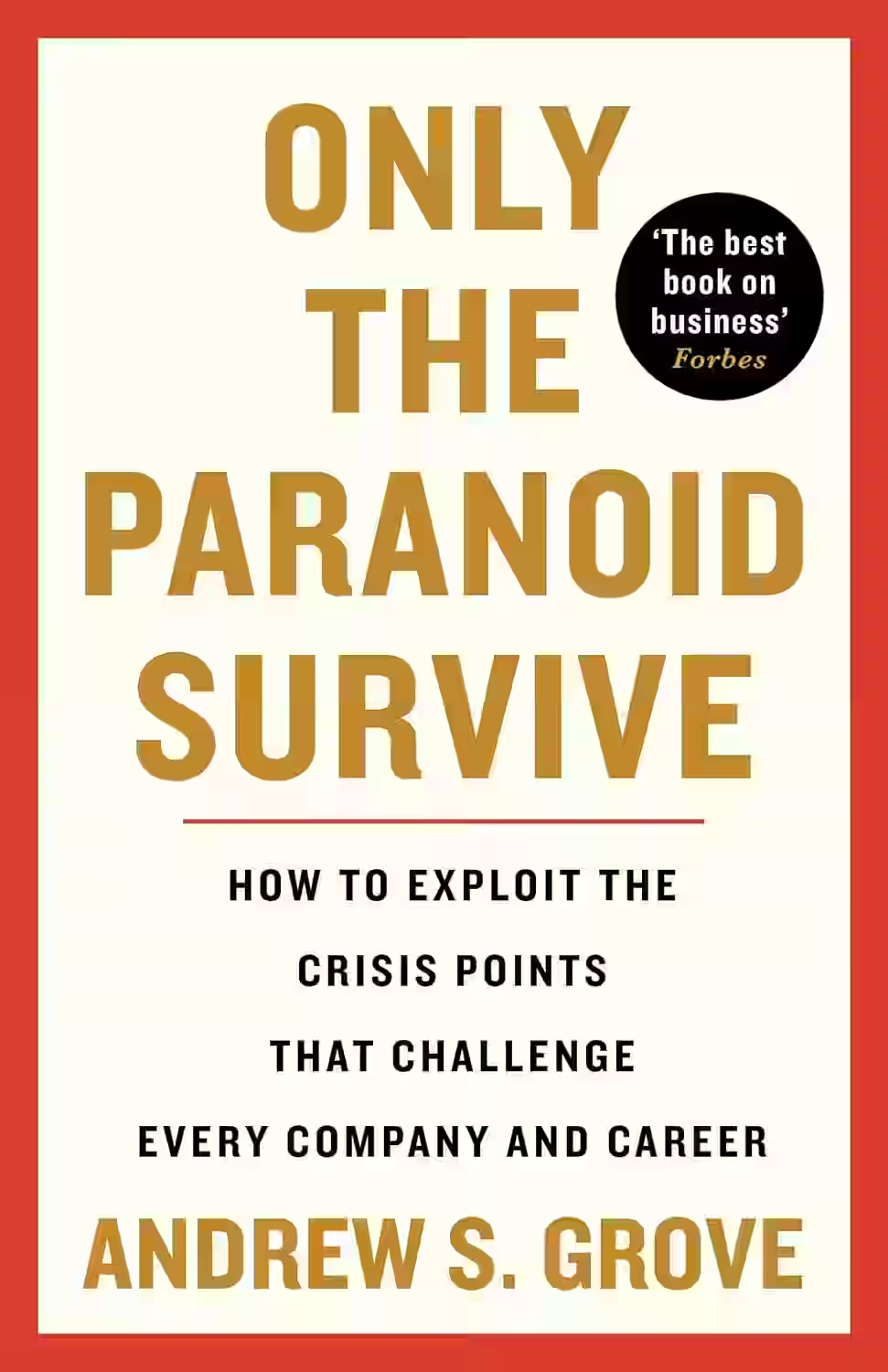
Only the Paranoid Survive
In this business classic, Intel co-founder Andy Grove shares insights into managing “strategic inflection points”—critical moments that can make or break a company. Drawing from his experience leading Intel through seismic shifts in the tech industry, Grove emphasizes the importance of adaptability, vigilance, and courage. His core idea: constant change demands a mindset of healthy paranoia. Companies and leaders must be ready to pivot when conditions shift. Part memoir, part management manual, the book offers practical strategies for staying competitive, fostering innovation, and leading through uncertainty. It remains a must-read for entrepreneurs, executives, and strategic thinkers.
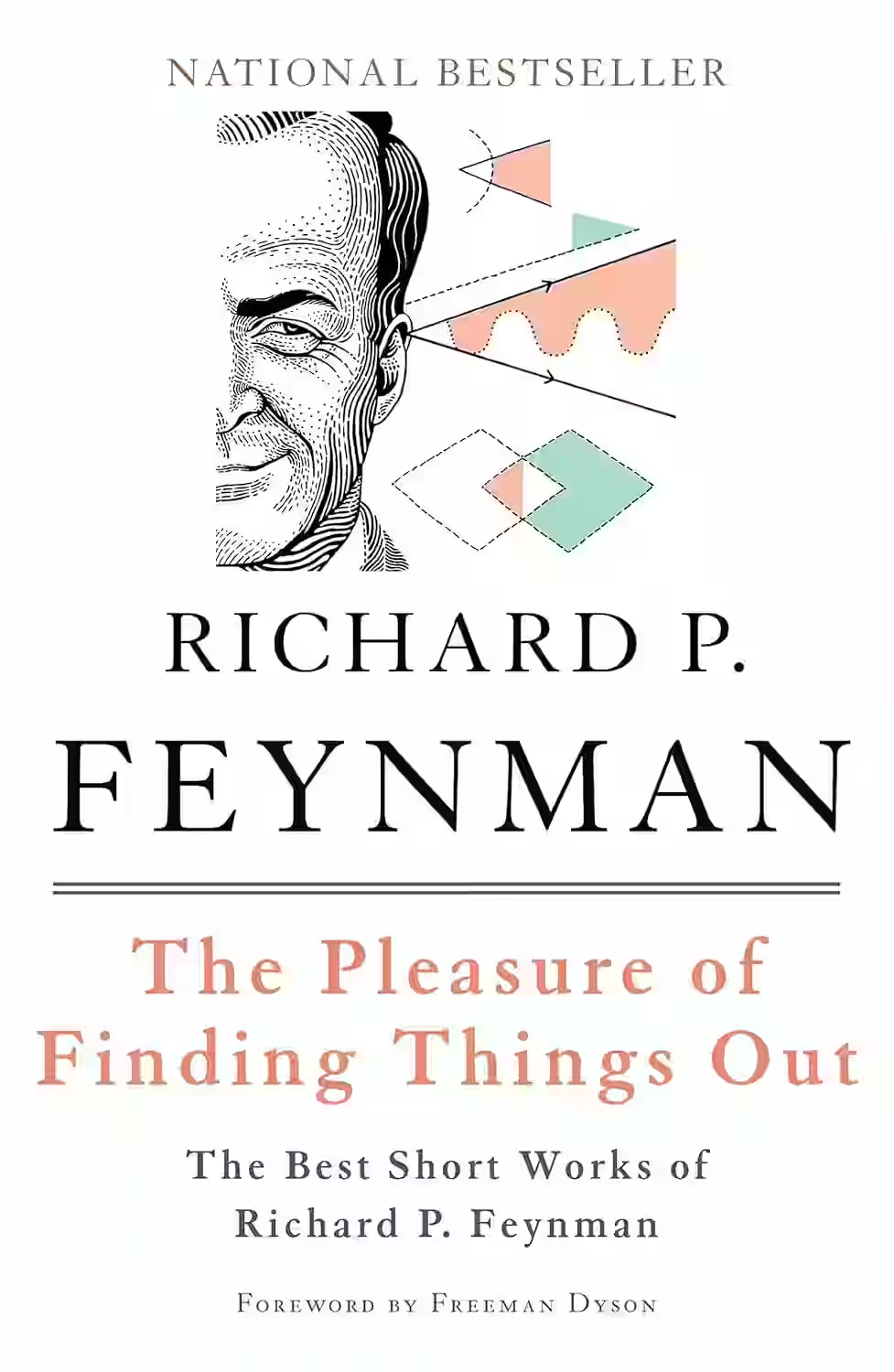
The Pleasure of Finding Things Out
This collection celebrates the remarkable achievements of Nobel Prize-winning scientist Richard P. Feynman, whose work profoundly reshaped our understanding of quantum electrodynamics. "The Pleasure of Finding Things Out" is a magnificent compilation of Feynman's finest short works, encompassing interviews, speeches, lectures, and articles. Offering an intimate and captivating glimpse into an extraordinary life dedicated to science, this wide-ranging treasury explores Feynman's thoughts on science in culture and includes his insightful Nobel Prize acceptance speech. It's a fascinating read for anyone intrigued by the power of ideas and the scientific mind.
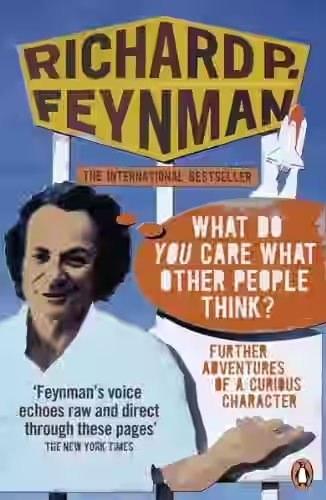
What Do You Care What Other People Think?
Richard Feynman, Nobel laureate and icon, was a genius with an insatiable appetite for adventure and a remarkable talent for storytelling. This collection of short pieces and reminiscences reveals his diverse passions, from his appreciation of beauty to his college antics and the unique lessons imparted by his father. Feynman takes us behind the scenes of the Challenger investigation, vividly recounting his pivotal experiment that exposed the disaster's cause. He also shares the poignant story of meeting his beloved first wife, Arlene, and their brief, cherished time together. Infused with Feynman's characteristic curiosity and zest for life, these writings are both deeply moving and wonderfully humorous.
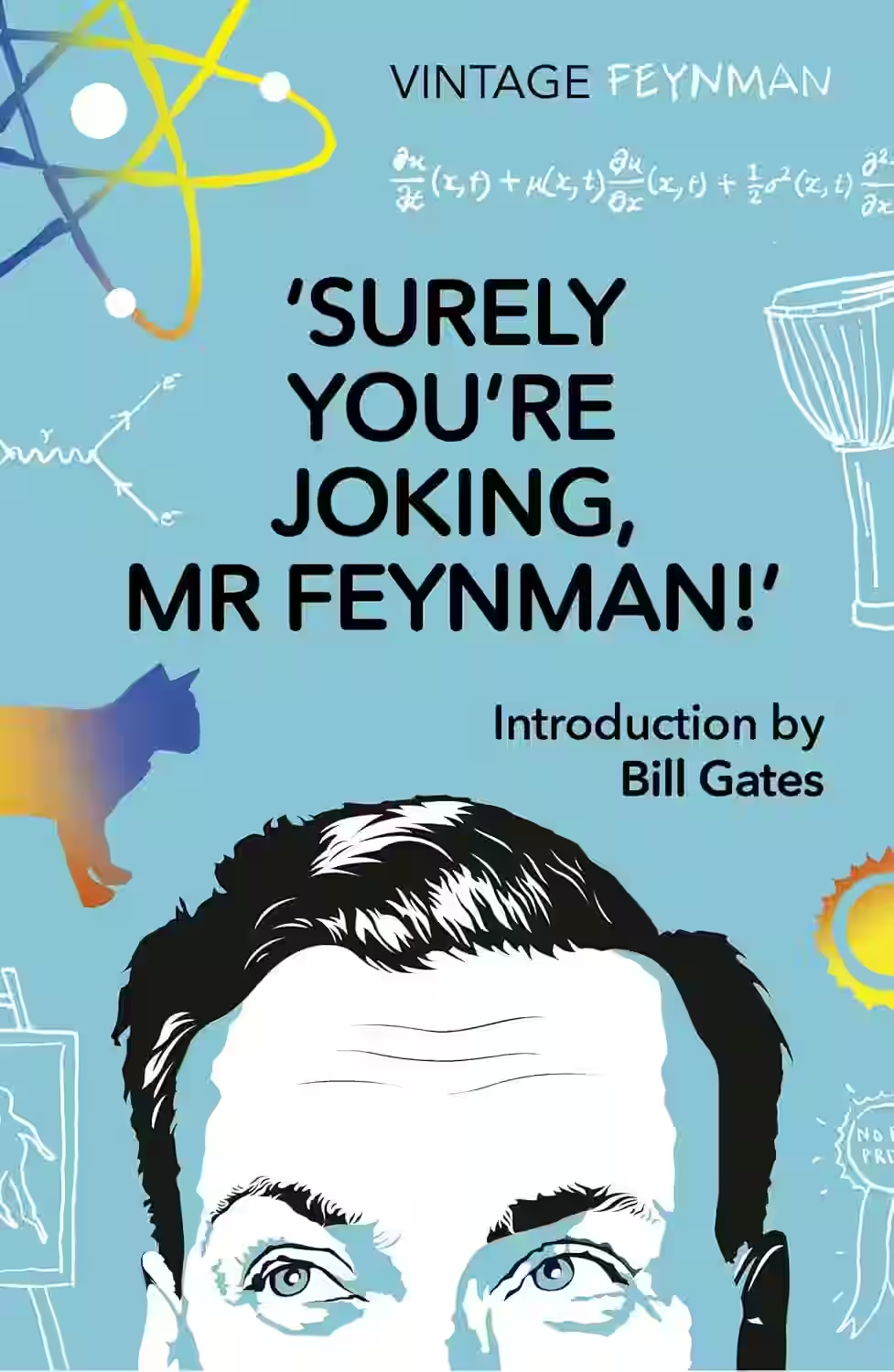
Surely You're Joking Mr Feynman
This warm and insightful portrait captures the wisdom, humor, and boundless curiosity of Nobel Prize-winning physicist Richard Feynman through intimate conversations with his friend Ralph Leighton. Beyond his groundbreaking theoretical work, Feynman was a man of adventure – an artist, safecracker, practical joker, and captivating storyteller. His life, fueled by high intelligence, unyielding curiosity, and healthy skepticism, was a series of remarkable experiences. These recorded conversations, transcribed with minimal alteration, offer a wise, funny, passionate, and utterly honest self-portrait of one of the 20th century's most brilliant and engaging minds.